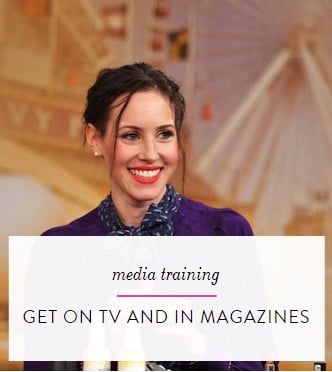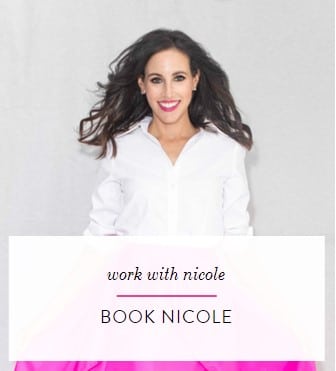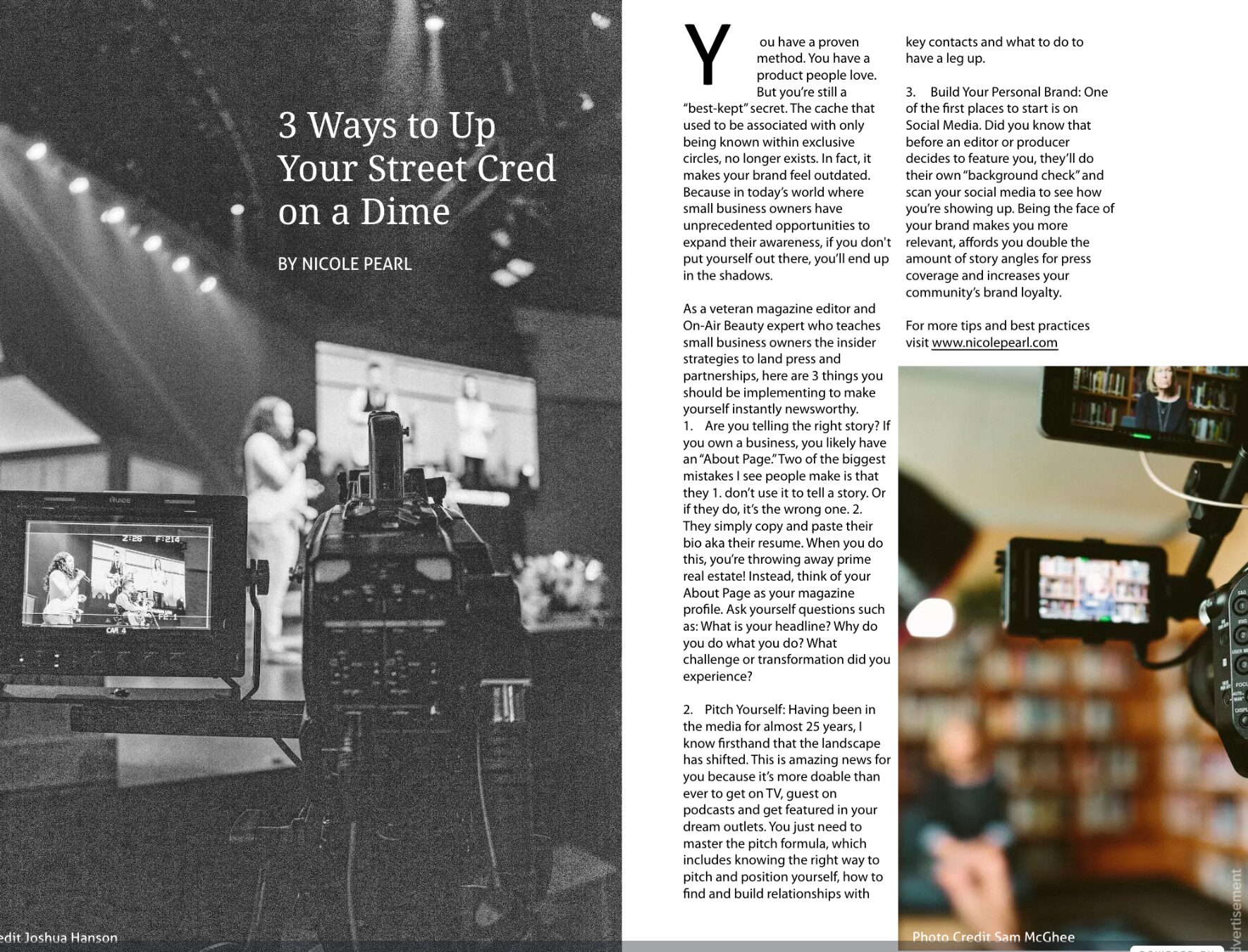In the world of publishing, everyone has an opinion on who is (or should be) an editor. Some people think that anyone with good grammar skills can call themselves an editor. Others believe that only those with years of experience and formal training can claim the title.
So, who is right? And more importantly, what does an editor do? Let’s explore this question and see what it really means to be an editor.
What Does An Editor Do?
An editor is someone who oversees the final product of a text, whether it be a book, article, document, or website. They are responsible for ensuring that the text meets all the requirements and standards before publication.
These standards include checking for grammar and spelling errors, ensuring that the correct information is included, and making sure that the overall tone and style of the text are appropriate. Many publications also have fact checkers, who are responsible for confirming that the content is factually correct.
Editors also have a hand in writing headlines and shaping the content of the text, suggesting changes, and adding text that they feel would improve it. In some cases, they may even be responsible for developing ideas for new articles or books. Ultimately, their goal is to make sure that the final product is as good as possible.
How To Become An Editor
If you’re interested in becoming an editor, you can do a few things to increase your chances of success:
Pursue A Degree In Editing
A degree in English, journalism or other related fields will give you the skills and knowledge you need to excel in this career. It will also allow you to network with other professionals in the field.
In addition, a degree will give you a competitive edge when applying for jobs. So if you’re serious about becoming an editor, this could be the route for you.
Gain Professional Experience
It’s also important to gain some professional work experience. You can gain experience through internships, working as a proofreader or copy editor, or even volunteering your time to edit articles or books. Getting some real-world experience will help you understand the ins and outs of the job and give you a competitive edge when applying for jobs.
Join A Community Of Editors
Another great way to improve your chances of becoming an editor is to join a community of editors. Many different organizations and groups out there offer support and resources for aspiring and experienced editors. This is a great way to meet other professionals in the field, learn about new opportunities, and stay up-to-date on industry news.
Choose A Specialty
One of the best things you can do to improve your chances of becoming an editor is to choose a specialty. There are many different types of editing, such as copy editing, manuscript editing, and developmental editing. Each type requires a different set of skills, so it’s important to choose one that you’re interested in and that you have experience with.
You can also pick specific pieces of work you would be editing. Common subjects include sports, entertainment, literature, health, and news. It is important to pick a subject you are passionate about to make the job more enjoyable.
Consider Freelance Work
Another great way to start your career is to join the ranks of self-employed freelance editors. This can be a great way to get your foot in the door and build your portfolio. It’s also a great way to get experience working with different clients and editors.
When you’re ready to take the next step, you can look for full-time positions. Ensure to include your freelance work in your portfolio. It will show potential employers that you have experience working as an editor and that you can produce high-quality work.
Develop a Portfolio
Finally, one of the best things you can do to improve your chances of becoming an editor is to develop a portfolio. You can create a website featuring a collection of your best work along with your bio to show potential employers. It’s important to make sure that your portfolio is up-to-date and includes various types of writing.
Advance Your Position
Once you have a few years of experience under your belt, you can start to advance your position. There are many different types of editing jobs available, so it’s important to find one that’s right for you. As you gain more experience, you can also move to more senior positions, such as senior editor or editor-in-chief.
There are many different paths you can take to become an editor. But no matter which route you choose, it’s important to get a solid education, gain some professional experience, and develop a strong portfolio. With hard work and dedication, you can achieve your goal of becoming an editor.
Important Skills For Editors
There are a few important skills that all aspiring editors should have. They include:
Communication: Firstly, you need to be a good communicator. This means being able to express your ideas clearly and concisely. You also need to listen to others and understand their point of view.
Strong writing skills: Finally, you need to have strong writing skills. This includes being able to write clearly and refine written word. It also means having a good grasp of grammar and punctuation.
Organization and attention to detail: To be an editor, you need to be organized and detail-oriented. This means keeping track of different projects and deadlines. It is also important to stay up-to-date with the latest trends in the publishing industry.
Ability to work under pressure: Finally, you need to be able to work well under pressure. This means being able to meet tight deadlines and dealing with last-minute changes. It is also important to know how to handle criticism and feedback from clients.
If you have these skills, you’re well on your way to becoming an editor.
Types Of Editors
There are many different types of editors, each with its own skills and responsibilities. Some of them are:
Managing Editor/Executive Editor: Managing editors are responsible for the overall operation of a publishing house. They may oversee a team of editors, in-house writers and freelance writers and be responsible for budgeting and scheduling.
Senior Editor: A senior editor is a high-level position that oversees the editorial team. They may be responsible for setting the overall direction of a publication, and be responsible for final approval of all content.
Assistant Editors: An assistant editor, also known as an editorial assistant, is an entry-level position that works under the supervision of the senior editor. Editorial assistants may be responsible for pitching story ideas, managing schedules, fact-checking, and contributing to the editorial team’s productivity.
Copy Editor: Copy editors are responsible for reviewing and editing written content for grammar, style, and accuracy. They also check for consistency in the text and ensure that the overall message is clear.
Manuscript Editor: Manuscript editors work with authors to help them develop their ideas and improve their writing. They provide feedback on the structure, content, and style of the manuscript, and they also work with the author to make sure that it meets the publisher’s guidelines.
Developmental Editor: Developmental editors work with authors to help them plan, structure, and develop their ideas. They also provide feedback on the overall message and tone of the manuscript.
Magazine Editor: Magazine editors are responsible for the content of a magazine. They may work with a team of writers and editors to produce each issue.
Freelance Editor: Freelance editors are self-employed and work on a per-project basis. They may be hired by publishers or authors to edit specific manuscripts.
Academic Editor: Academic editors work with authors to edit academic papers and books. They may also be responsible for peer review.
Choosing the type of editing to specialize in is important. Do your research and find the niche that has the skills and experience you have
The Average Salary For Editors
The average salary for an editor depends on various factors, such as experience, education, and location. It’s important to consider all of them when deciding whether or not to pursue a career in editing.
In the United States, the average salary for an editor is $72,839 per year. However, many editors in major cities like New York and Los Angeles earn significantly more. In Canada, the average salary for most editors is $52,533 per year, while the average salary for an editor in the United Kingdom is £38,977 per year.
Career Paths for Editors
There are many different career paths for editors. Some editors start out working in publishing houses, while others work freelance. There are also many opportunities for editors to work in other industries, such as advertising, marketing, and Public Relations.
Editors can also move into management positions, such as editorial director or publisher. This is a great way to use your editing skills to have a greater impact on the publishing industry.
No matter what path you choose, if you have the right skills and experience, there are many opportunities for you to succeed as an editor.
Summary
So, what does it take to become an editor? The most important qualification is a love of language and literature. A degree in English, journalism or communications can be helpful but is not necessary. Editors also need strong writing and editing skills and experience in the publishing industry.
The average salary for editors varies depending on their experience and position within the publishing field, but most earn a comfortable living. Editors have many career paths, including working in publishing houses, magazines, newspapers, or as freelance editors. With the right combination of talent and hard work, becoming an editor can be a very rewarding career choice.
Are you thinking about becoming an editor? What questions do you still have? Let us know in the comments below!















